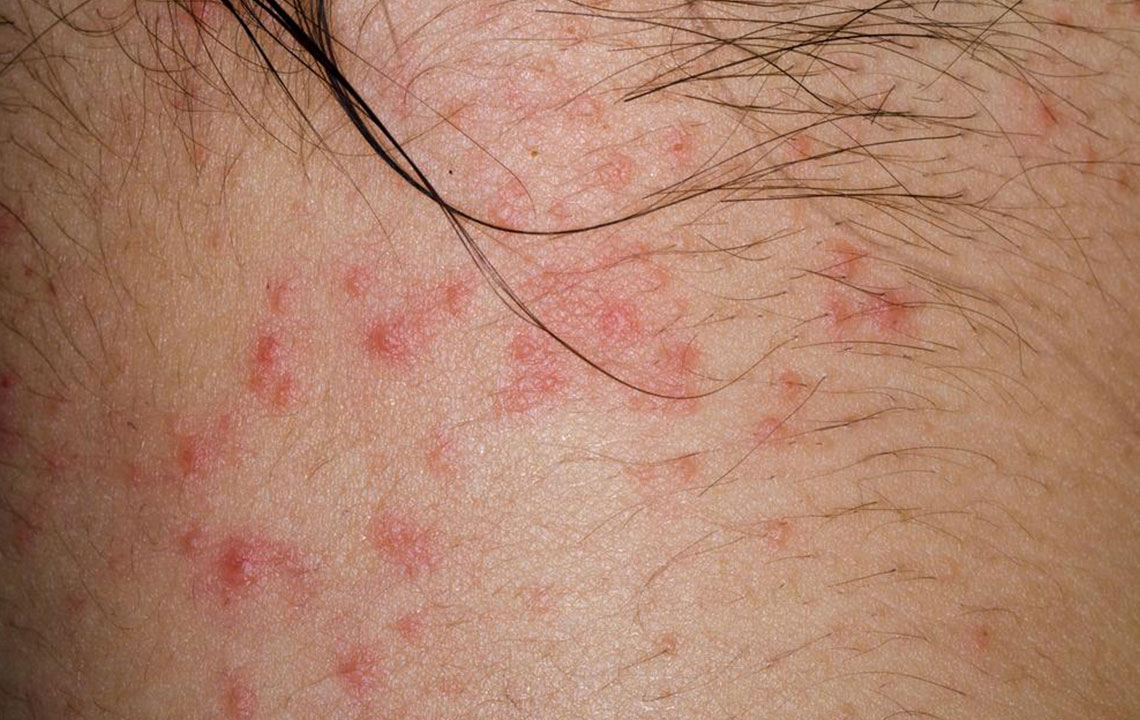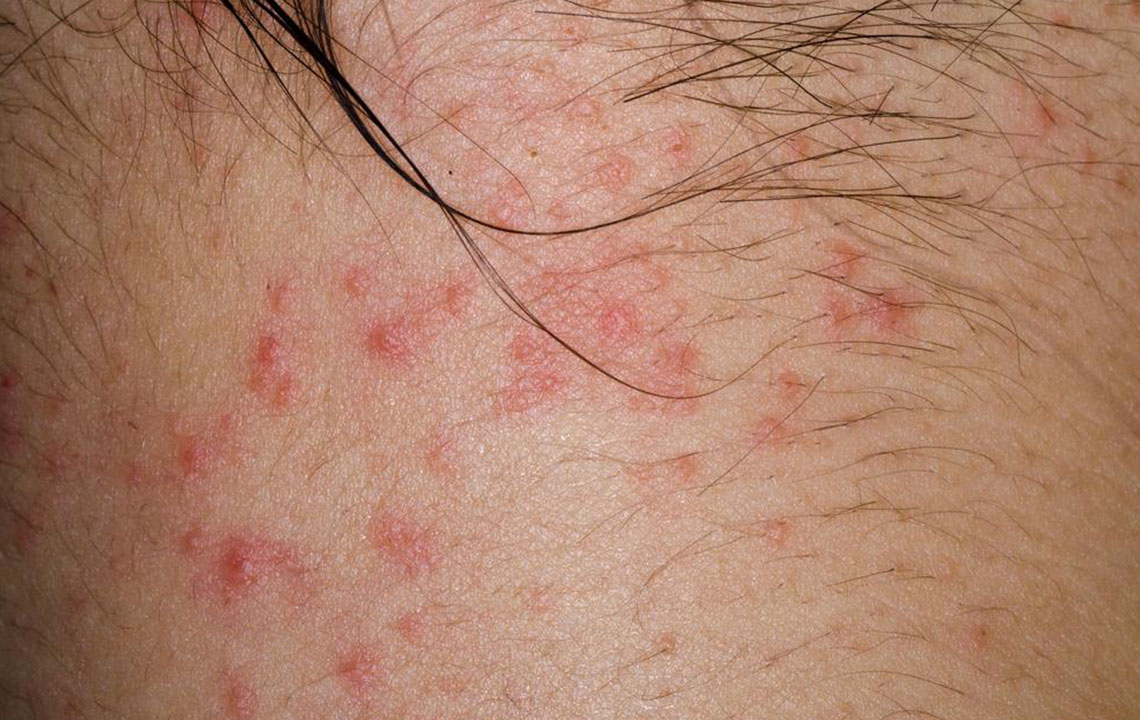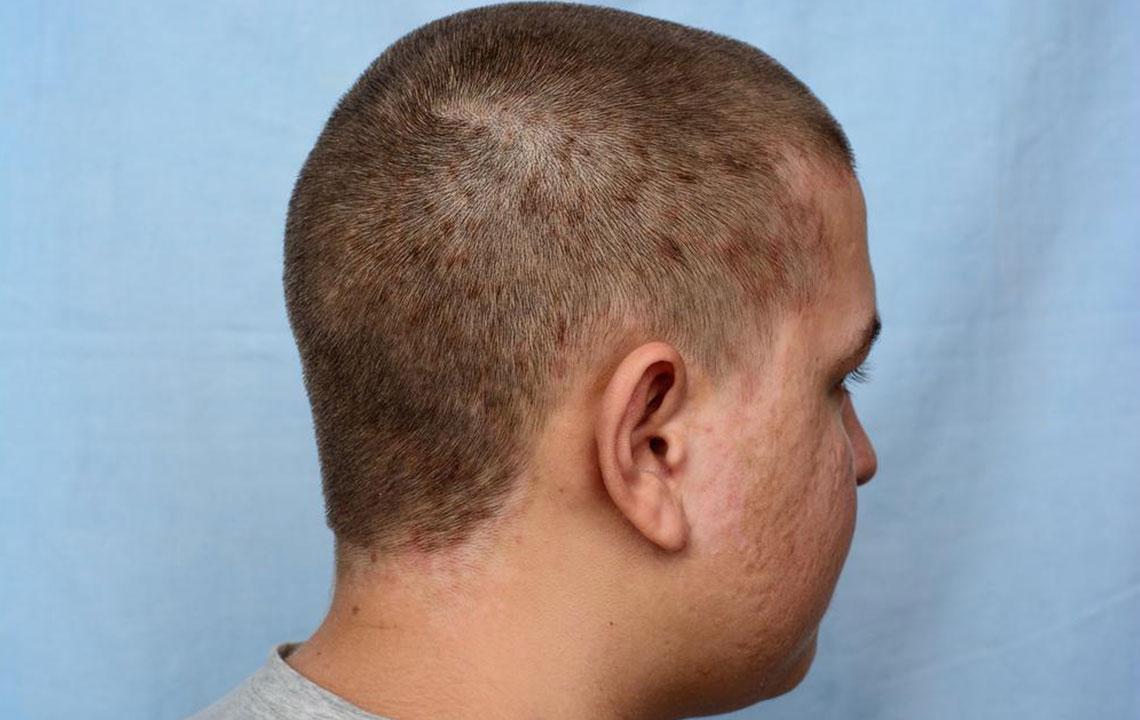Everything You Need to Know About Atopic Dermatitis
Discover essential information about atopic dermatitis, including symptoms, causes, potential complications, and management strategies. Learn how to identify flare-ups and maintain healthy skin with proper treatment and preventative care.

Understanding Atopic Dermatitis: Key Facts and Insights
Atopic dermatitis is a long-term skin condition characterized by redness, dryness, and intense itching. While it most frequently affects children, individuals of all ages can experience this condition. It can stay inactive for periods and then flare unexpectedly, sometimes accompanying asthma or fever episodes. Treatment typically involves medications to manage flare-ups, alongside efforts to keep skin moisturized and avoid irritants.
What Are the Symptoms and Causes?
Persistent dry, itchy skin, often worse at night.
Red to brown patches usually on hands, feet, ankles, wrists, eyelids, neck, and upper chest.
In infants, these patches may appear on the face and scalp.
They may be covered with small, raised bumps.
The skin could become swollen and sensitive from scratching.
The exact cause of atopic dermatitis remains unclear, but genetic factors are believed to play a role. The condition affects the skin’s ability to form a protective barrier against environmental irritants and allergens.
Associated Risks and Complications
Asthma and Allergies: Many children with eczema develop asthma or hay fever, with over half of affected young children experiencing either condition by age 13.
Skin Infections: Persistent scratching can lead to open sores, increasing the risk of bacterial or viral infections such as herpes simplex.
Though a cure does not exist, treatment options include medications to reduce symptoms and flare-ups, alongside avoiding harsh soaps and applying medicated moisturizers to maintain skin health.
Note:
This information is provided for educational purposes only. It should not replace professional medical advice. Always consult qualified healthcare providers for diagnosis and treatment recommendations.










